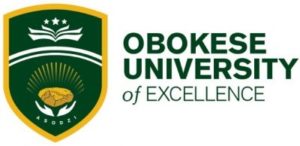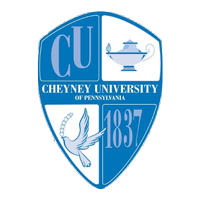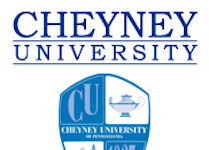 Historically Black Cheyney University of Pennsylvania and Obokese University of Excellence (OUE) in the West African nation of Ghana have reached an agreement on a collaboration that will allow Cheyney to share its expertise, especially in aquaculture and aquaponics, and permit both schools to establish a student exchange program. The Accreditation Board of Ghana requires a new university to have a mentor relationship with an established, accredited university.
Historically Black Cheyney University of Pennsylvania and Obokese University of Excellence (OUE) in the West African nation of Ghana have reached an agreement on a collaboration that will allow Cheyney to share its expertise, especially in aquaculture and aquaponics, and permit both schools to establish a student exchange program. The Accreditation Board of Ghana requires a new university to have a mentor relationship with an established, accredited university.
This is Cheyney’s first-ever relationship with an African university and is in keeping with the school’s entrepreneurial and partnership model that ultimately benefits the university and its students. Under the agreement, Cheyney will provide aquaculture knowledge and related research and best practices to aid the establishment of a broad and robust aquaculture program at OUE.
“It is our hope and intention that Cheyney University will provide mentorship and meet the ‘mentor’ requirement in the area of aquaculture and aquaponics program development and implementation for our proposed tilapia fish farming and other aquaculture programs,” said Kwa David Whitaker, rector at OEU.
Tilapia is a staple of the Ghanaian diet. However, the country now imports much of the species from China. Dr. Whitaker explains that it would be a boon to Ghana to farm and produce more of its own fish. Similarly, through aquaponics, farmers could potentially produce more food on less land. “Learning aquaculture can change the whole situation not only in Ghana, but we can share this knowledge with other universities and could conceivably impact even a larger area of the core of Africa,” he said. “Our relationship with Cheyney will include more than aquaponics, but this one area in itself has transformational potential.”
“This agreement marks a historic milestone for our university as our first international school-to-school relationship,” said Cheyney President Aaron A. Walton. “To be able to share our experience and knowledge with this emerging African university, and potentially help the people of Ghana develop a more accessible food supply, is an extremely significant opportunity for us, a tribute to our academic excellence, and an honor.”












Excellent. This is an example of a great collaboration that promises benefits well beyond its initial scope. What a WIN-WIN for both institutions on the rise!